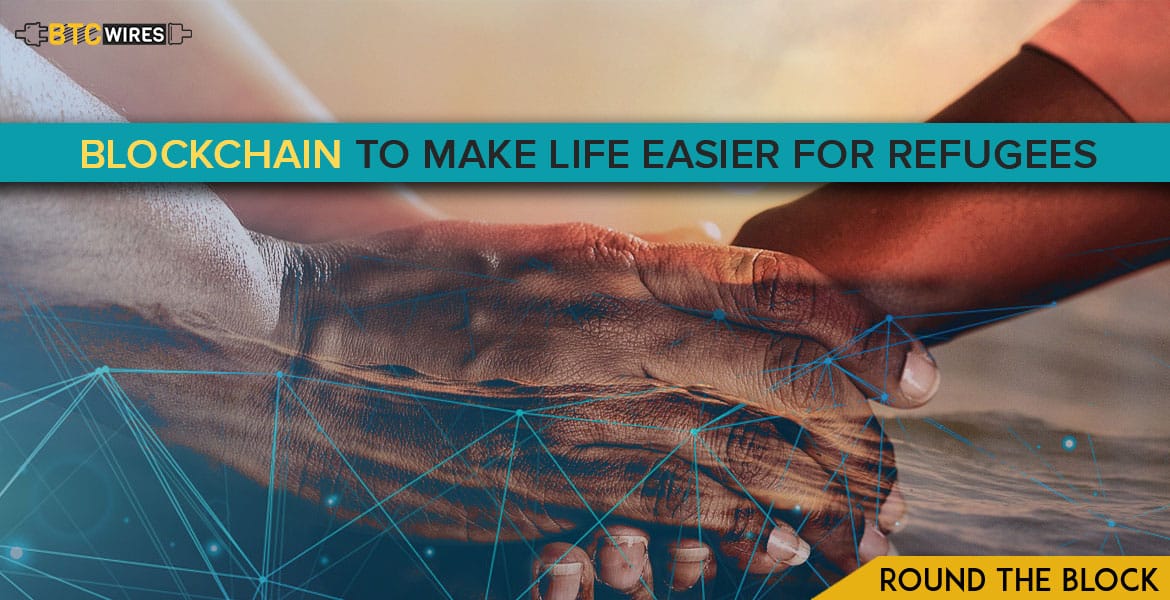The recent days have seen blockchain solutions being adopted in

The recent days have seen blockchain solutions being adopted in various industries and now it has also indicated its potential to help the cases of the unverified refugees, numbering over a billion according to World Bank reports.
These people have no documentation to prove their identity and as time passes them by, their problems get more acute with constrained access to banking, government services, lodging or anything requiring an ID. As a result of conflicts, political upheavals or crimes they were victims of, these unverified people- mostly refugees, homeless people, trafficked women and children etc; are left without any means to pinpoint their place in the world.
Blockchain technology, which can allow for safe and transparent data management can help in this regard. Data maintained using blockchain is usually indelible and immutable, and carried over from one service or region to another with comparative ease. This distributed ledger technology is not reliant on centralisation and therefore, even when governments fall or conflicts render state databases useless, information recorded via such technology can still be accessed and used. The records are rather safe, with digital footprints being maintained with a substantial degree of accuracy and users themselves can update information while guarding against security breaches. With the help of these records, users can prove their identity across borders with less hassle than they are forced to usually undergo.
As of now, attempts in this direction are minor experiments with the nascent technology. The government of Finland, for example, gives refugees a prepaid Mastercard that allows them to link personal identity information and updates about financial transactions. The government of Moldova is not far behind, as it is collaborating with
experts in digital identification technology from the UN Office for Project Services to develop an identification system for vulnerable children in rural areas to guard against trafficking. Several other examples can be offered along these lines. One is the UN World Food Program in Jordan that has begun using blockchain to power biometric authentication of redeemable food vouchers that are given to refugees. Building Blocks, the Ethereum-based blockchain used for this purpose is not just convenient but is also rather cost-effective as it helps
cut banking and transfer costs by a substantial amount. ID2020, an amalgamation of major firms such as Accenture, Microsoft, etc with UN Agencies and other authorities, is also a step in the right direction.
This project aims at creating identification for the undocumented using online solutions and has recently started exploring blockchain as well. These solutions can be rather helpful in setting up a continued trail of identity across regions and refugee camps while cutting valuable costs. Smartphone apps like Fummi, developed by the startup Blockchain for Change, have also been thrown into the mix to make matters easier.
